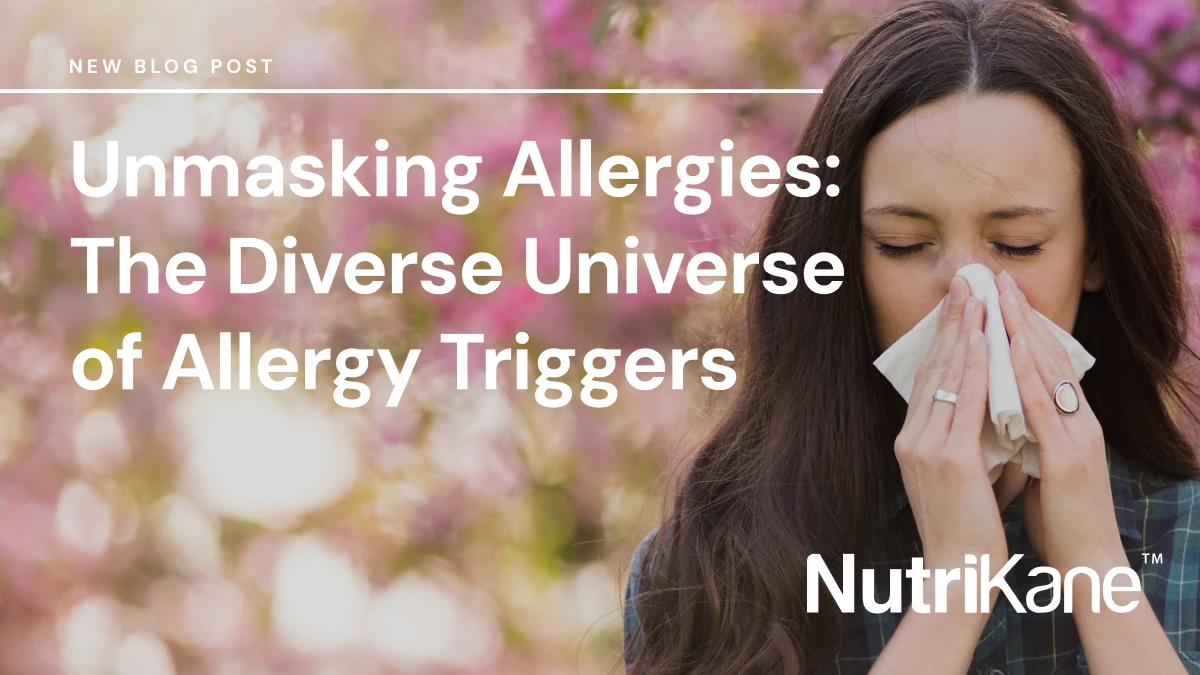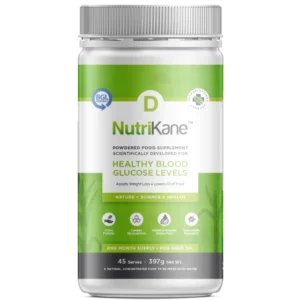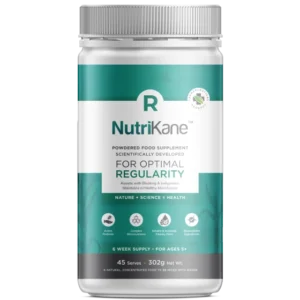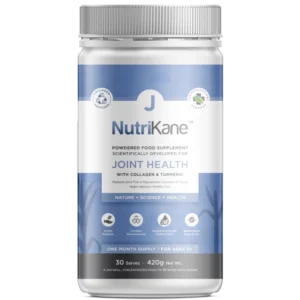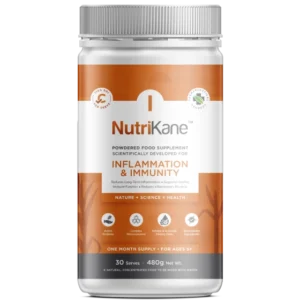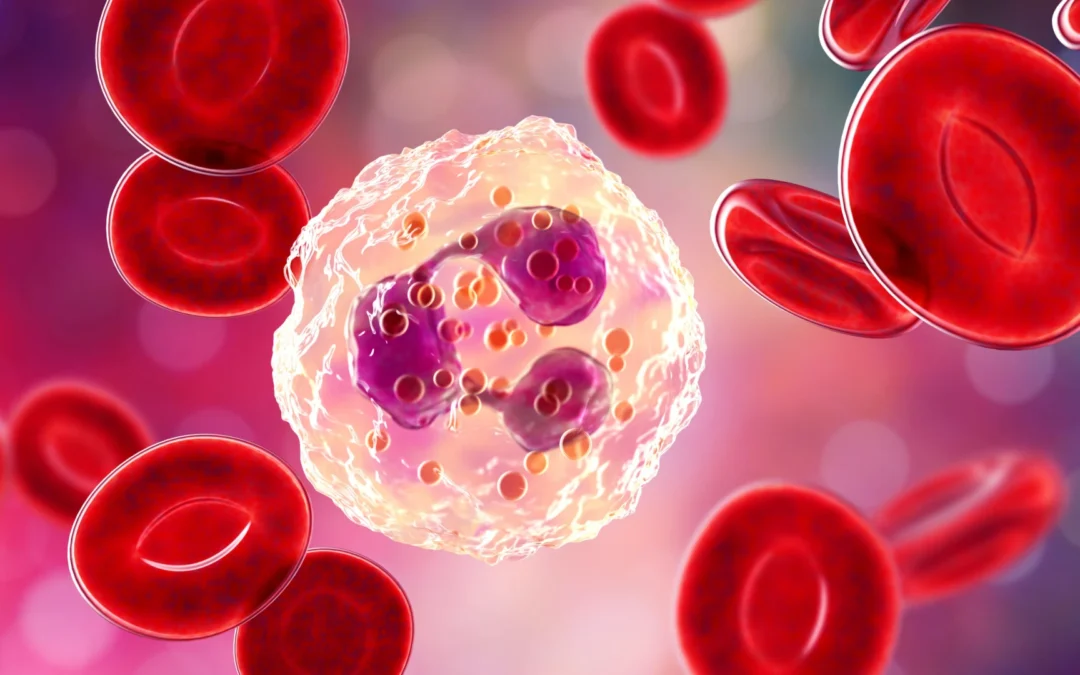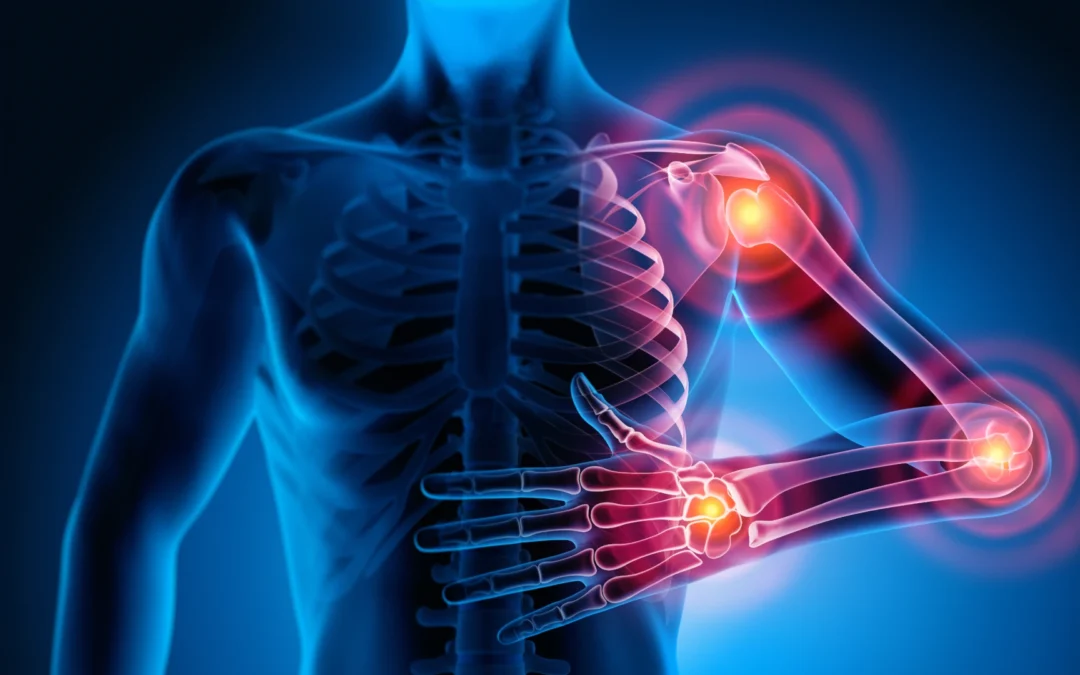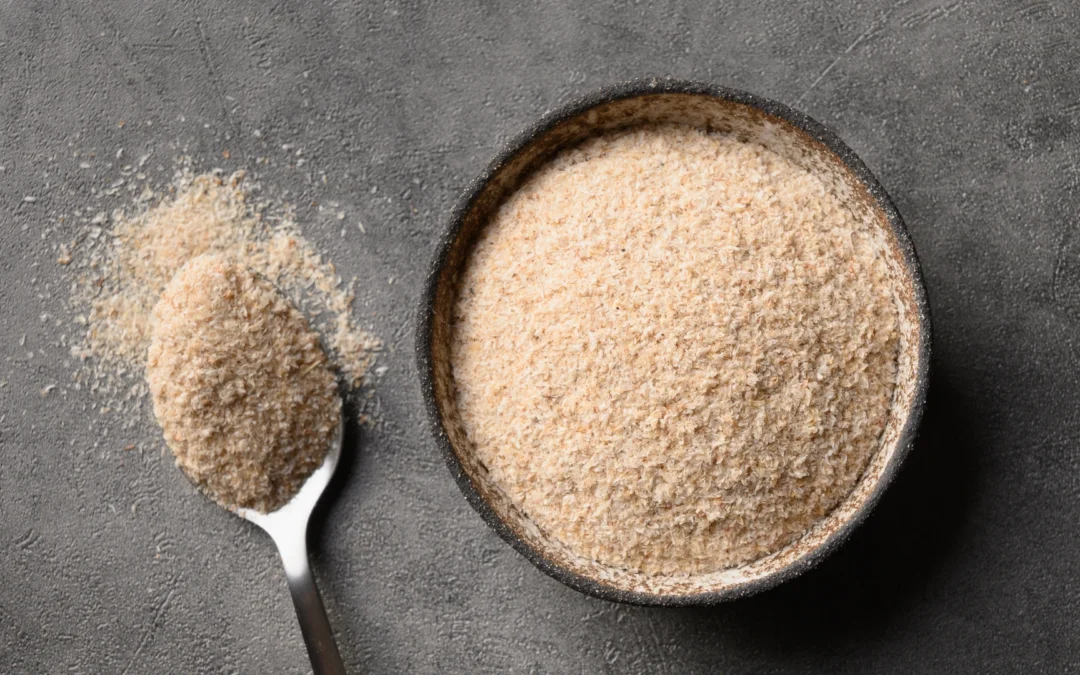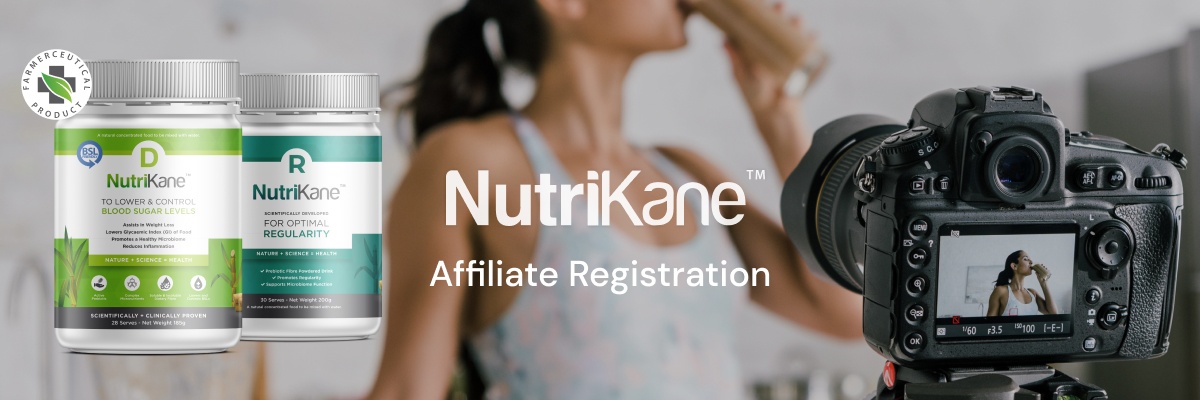Allergic reactions aren’t just the occasional sneezing fit or a runny nose. They represent a complex and often misunderstood aspect of our immune system’s response to the world.
But what are allergies? What causes them? Can they be alleviated naturally?
What causes allergic reactions?
Our immune systems are constantly alert for organisms ( called pathogens ) that are trying to harm us. The way it does this is by looking for parts of the ‘attacker’ that are in the environment. Allergic reactions occur when the immune system mistakenly identifies responses to substances harmless substances as threats, even though these particles are not dangerous in themselves. The exaggerated response of the immune system results in what we call an allergic reaction. These reactions can vary in severity from mild irritation to life threatening anaphylaxis.
Allergies manifest in various forms, including allergic rhinitis (hay fever), asthma, atopic dermatitis (eczema), and food allergies. The causes of allergies are multifaceted and involve genetic and environmental components.
Genetic factors are hereditary. This means that if one or both parents have allergies, their children are more likely to develop them as well. However, genetics alone cannot explain the rise in allergies observed in recent years.
Environmental factors refer to influences that occur after a person is born. Examples are exposure to allergens early in life and changes in lifestyle and diet. For example, early exposure to common allergens can both increase or decrease the likelihood of developing allergies.
While we don’t fully understand the allergen response, a couple of factors appear to play important roles. How we are exposed to allergens can determine what our response will be. Our immune system is constantly filing things as “safe” or “threat” and if exposure of a safe molecule occurs the same time as a threat, they may be mis-filed by the immune system. This may be why people can develop allergies late in life. Conversely if we are not exposed to safe molecules early, we may not get to realise they are safe. This is the basis of the “hygiene” theory that suggests that the rise in childhood allergies is actually caused by parents trying to keep their children to clean.
We also know that the body can be re-trained through habituation. This is the process where an allergic person is given very small amounts of the allergen in an anti-inflammatory environment until the body realises it isn’t a threat.
Allergies vs. Anaphylaxis
It’s crucial to differentiate between an allergic reaction and anaphylaxis. Anaphylaxis is a severe, life-threatening allergic reaction, whereas allergies may simply cause discomfort and inconvenience.
Anaphylaxis is a medical emergency requiring immediate attention. It typically occurs in response to specific allergens, often insect stings and foods like peanuts, tree nuts and shellfish. Symptoms of anaphylaxis include difficulty breathing, swelling of the face and throat, a sudden drop in blood pressure, and loss of consciousness.
You should carry an epinephrine auto-injector (EpiPen) if you have a severe allergy and seek immediate medical help if anaphylaxis occurs.
Top 10 Food Allergies
Food allergies are the most common type of allergy. It’s estimated that 1 in 4 people in the UK have at least one allergy. According to Midland Health, the 10 most common food allergies in the UK are:
- Cow’s milk/dairy
- Eggs
- Fish (most commonly cod, haddock, pollock, salmon and tuna)
- Food additives – sulphites (inc. sulphur dioxide) and benzoates (inc. benzoic acid)
- Peanuts
- Sesame
- Shellfish (such as crab, lobster, prawns and shrimp)
- Soy
- Tree nuts (including, but not limited to: almond, brazil, cashew, hazelnut, pistachio, walnut)
- Wheat
Managing food allergies involves strict dietary restrictions and vigilant label reading. If your allergy is severe, you may also need to be prepared for emergencies. The majority of food recalls occur due to unlabelled allergens.
Prebiotics and Probiotics for Allergies
Prebiotics and probiotics promote a healthy gut microbiome, which can, in turn, modulate the immune system’s response to allergens.
Probiotics, often referred to as “good bacteria,” are supplements that contain live microorganisms that make up the bacteria.
Prebiotics are highly fermentable foods that feed good bacteria. They are the perfect nutritional product to stimulate diversification in the gut microbiome. This reduces immune system overreactions and can help lessen the symptoms of allergic reactions.
As is the case with all inflammatory events an allergic reaction is a threshold event – that is our bodies need to reach a certain level of inflammation before a reaction occurs. If we keep inflammation in general low and promote inflammation reducing bacteria, then more of the allergen is needed to reach the threshold of a reaction.
Natural Allergy Treatment and Remedies
If you’re looking for a natural remedy to alleviate your allergic reaction symptoms and reduce reliance on medications, here are some natural approaches to consider:
- Local Honey: Some individuals believe that consuming local honey can help build tolerance to local pollen allergens. While the evidence is anecdotal, it may be worth a try for mild hay fever.
- Quercetin: This antihistamine, found in foods like apples, onions, and berries, is thought to have anti-allergic properties. You can also get Quercetin in supplement form, which may help alleviate allergic rhinitis by reducing inflammation in the nasal passages.
- Saline Nasal Rinse: Rinsing your nasal passages with a saline solution can help flush out allergens and relieve nasal congestion. While this doesn’t have a direct impact on the immune system, it helps to alleviate allergic rhinitis symptoms.
- Butterbur: Butterbur is a herbal supplement that may reduce allergy symptoms, particularly for hay fever. Be sure to choose a product labelled “PA-free” to avoid harmful substances.
- Acupuncture: Some individuals find relief from allergy symptoms through acupuncture treatments, although scientific evidence on its efficacy is mixed.
Food-as-Natural-Medicine to Reduce Allergy Symptoms
Nutritional treatments like NutriKane™ give your gut the strength it needs to properly manage allergy symptoms.
NutriKane™ I aids healthy immune function by reducing inflammation and promoting an immune system that works as needed and stops when it isn’t. NutriKane™ J promotes healthy joints, skin and connective tissue.
Used together, these food-as-natural-medicine products help your immune system deal with an allergic reaction in a more appropriate way. For ways to help strengthen your immune system with these products, check out this article on foods that build stamina and immunity.
